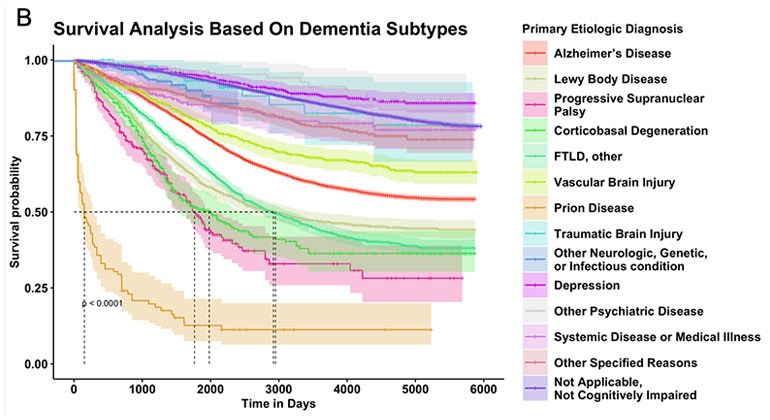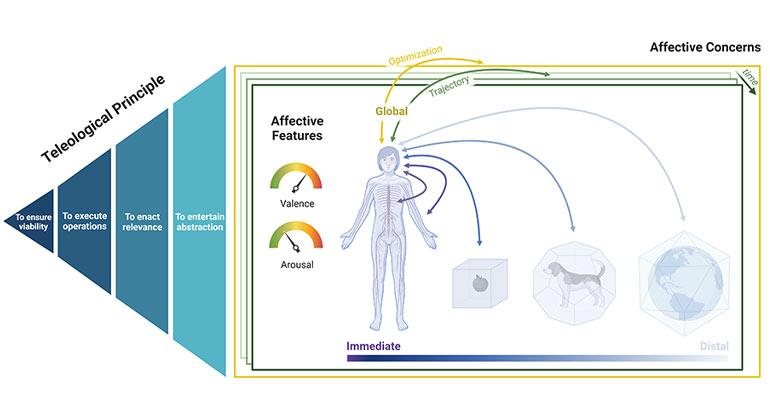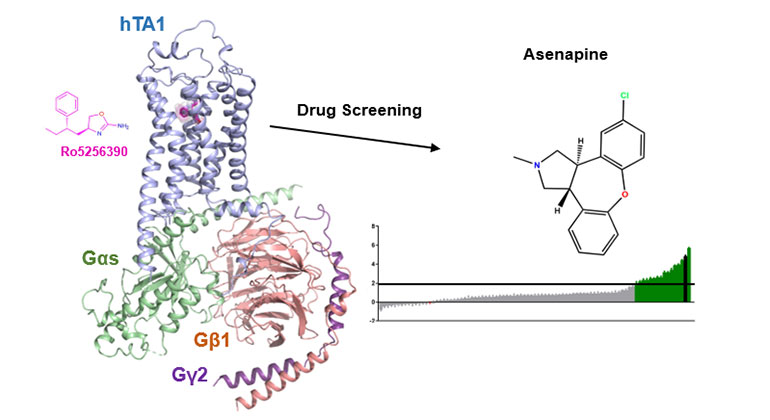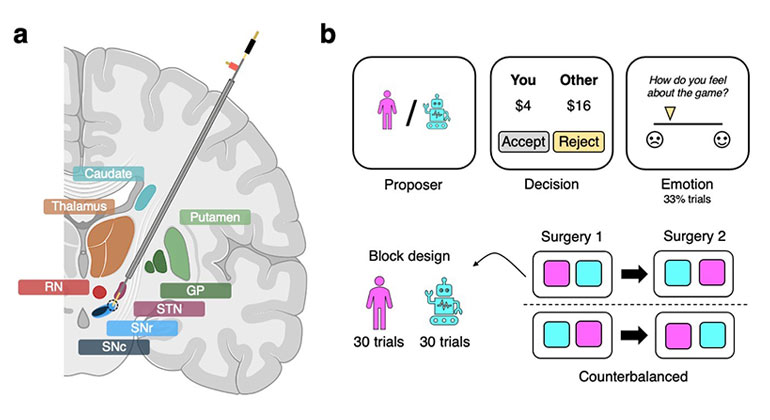"Her Dizziness Started After Two Days On A Boat, And Then It Never Went Away" - Marlene Cimons
A few days after participating in a two-day sailing race, Cathy Helowicz began feeling dizzy. It was as if the floor and walls were moving. Helowicz suffers from mal de debarquement syndrome (MdDS), a puzzling neurological disorder that leaves patients feeling as if they are rocking, swaying or bobbing why they are actually still. Onset typically follows motion exposure — after a cruise, for example, or after flying, riding a train, even a lengthy car ride. MdDS can last for months, even years. It also can occur spontaneously, without motion exposure, although that is less common. Mingjia Dai, PhD, assistant professor of neurology at the Icahn School of Medicine at Mount Sinai, has developed a promising treatment for MdDS that involves exposing patients to visual cues and motion patterns that are opposite those they usually experience. The idea is much like straightening the path of a veering car by turning the wheel back toward the center of the road. “The reason they have this disease is because their vestibular-ocular reflex is maladapted, and the treatment readapts them,” Dr. Dai said. Dr. Dai and his colleagues have treated about 380 people.
- Mingjia Dai, PhD, Assistant Professor, Neurology, Icahn School of Medicine at Mount Sinai

Immune Cells Identified as Key Players in Brain Health
Mar 21, 2024 View All Press Releases
AI Finds Key Signs That Predict Patient Survival Across Dementia Types
Feb 28, 2024 View All Press Releases
Global Taskforce of Scientists Develop a Unifying Framework for the Human Affectome
Feb 12, 2024 View All Press Releases
Demystifying a Key Receptor in Substance Use and Neuropsychiatric Disorders
Jan 02, 2024 View All Press Releases




